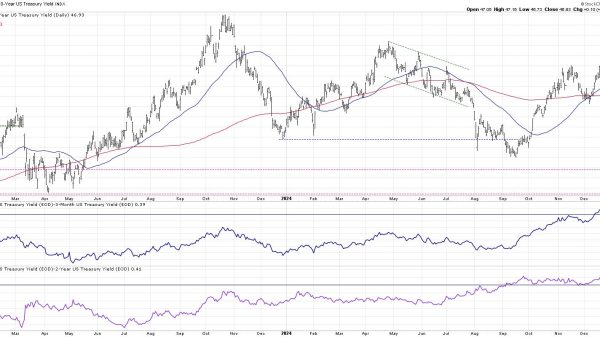SINGAPORE, Feb 27 – China approved the construction of another 106 gigawatts of coal-fired power capacity last year, four times higher than a year earlier and the highest since 2015, driven by energy security considerations, research showed on Monday.
Over the year, 50 GW of coal power capacity went into construction across the country, up by more than half compared to the previous year, the Centre for Research on Energy and Clean Air (CREA) and Global Energy Monitor (GEM) said.
“The speed at which projects progressed through permitting to construction in 2022 was extraordinary, with many projects sprouting up, gaining permits, obtaining financing and breaking ground apparently in a matter of months,” said GEM analyst Flora Champenois.
The amount of new capacity connected to the grid had slowed in recent years after a decline in new approvals over the 2017-2020 period, but it is set to rebound over the next few years, driven by concerns about power shortages.
Many of the newly approved projects are identified as “supporting” baseload capacity designed to ensure the stability of the power grid and minimize blackout risks, the CREA-GEM report said.
However, many are being built in regions which already have a clear capacity surplus, and power supply problems would be better addressed by improving grid reliability and efficiency, the authors said.
China suffered a wave of blackouts in September 2021 as a result of coal supply shortages, cutting off thousands of homes and factories. A long drought last year also saw a dramatic drop in hydropower generation and the rationing of electricity.
Beijing has been trying to rejuvenate its economy after growth and employment were hit badly by stringent “zero-COVID” measures last year, raising concerns that its low-carbon efforts will be sidelined.
However, renewable power capacity additions have remained at record levels, with solar installations at 87 GW in 2022 and expected to rise further in 2023.
The country aims to bring its climate-warming carbon dioxide emissions to a peak by 2030, but it remains unclear what level they will reach. – Reuters























